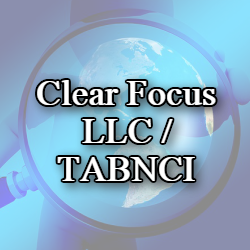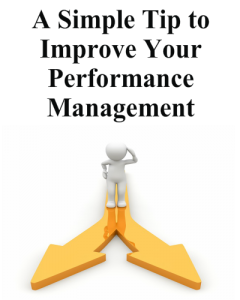Strong Leaders Know How to Serve Their Team
Traditional leadership and servant leadership are different. A traditional leader exists to sit at the top of the pyramid and hand orders down the line. A servant leader flips the pyramid upside down by sharing their power with the team. They put the needs of the team above their own so that everyone on the team can advance.
Characteristics of a Bad Leader
You’ve no doubt had a bad leader. There are certain characteristics that these types of leaders exhibit. For example, a bad leader gives the answer, “I’m the boss, that’s why” as the only reason for making a change. A servant leader would never say that.
Other things that a bad leader tends to do is play favorites. They obviously give preference to certain people on the team. Also, they will tell you that their door is always open, but it never seems like they are available to you.
Characteristics of Servant Leaders
On the flip side, servant leaders are counter-cultural to the stereotypical boss type. These men and women spend their time finding ways to take care of the team through servanthood.
Some of the characteristics of a servant leader include:
- Readily listening to the ideas of others
- Be a team player
- Lead by example
- Follow through with the things they say
These leaders are inspirational to the team and have a greater ability to partner with them. More is accomplished when teams work together with a leader that comes alongside them and gets in the trenches.
Servant Leaders Make it a Priority to Have an Open Door Policy
Probably one of the things that is most important for servant leaders is to have a “door is always open” policy. So many people will say that this is the case, but the team can’t get face time with them. When a leader actually makes it a priority to talk to those under them, they will know how to serve them better.
If you are a leader, strive to be a servant to others. That is the best way to run a company and be successful.
We would love to hear your comments. Please email or call today!
Gary Brunson
gary@myclearfocus.com
Debra Rider
debra@myclearfocus.com
574.361.2674
Sustainable Growth & Profit Consultant, Coach, Mentor and Counselor/Therapist for Business Owners and Professional.


 As a leader, you are in charge of many aspects of the job such as communication, strategies, management and more. But, there’s one area where leaders often fail. Unfortunately, these mistakes cost them great employees.
As a leader, you are in charge of many aspects of the job such as communication, strategies, management and more. But, there’s one area where leaders often fail. Unfortunately, these mistakes cost them great employees.